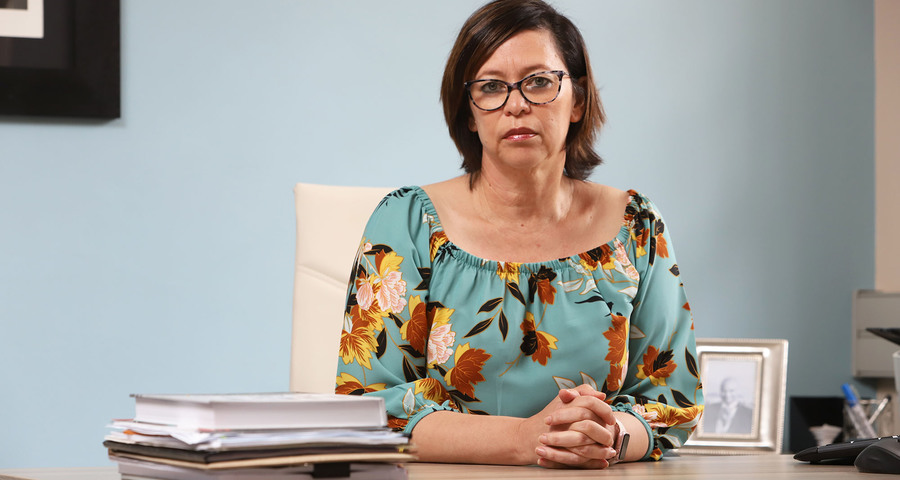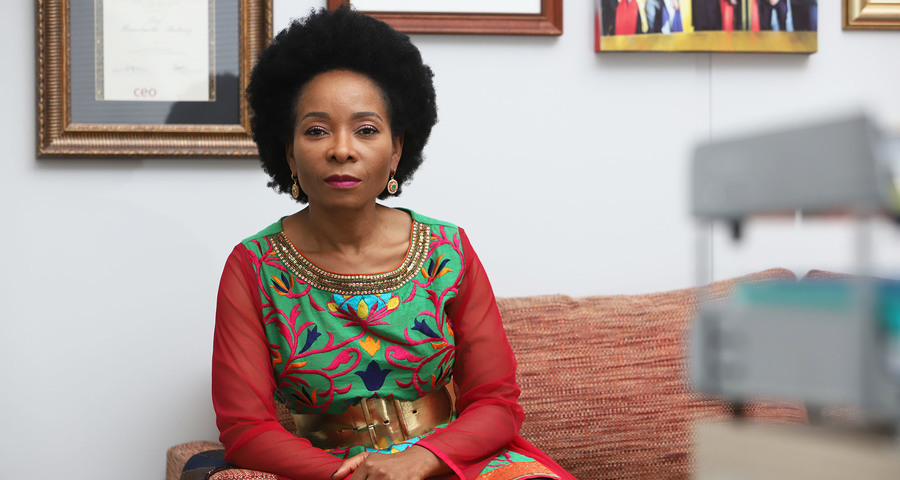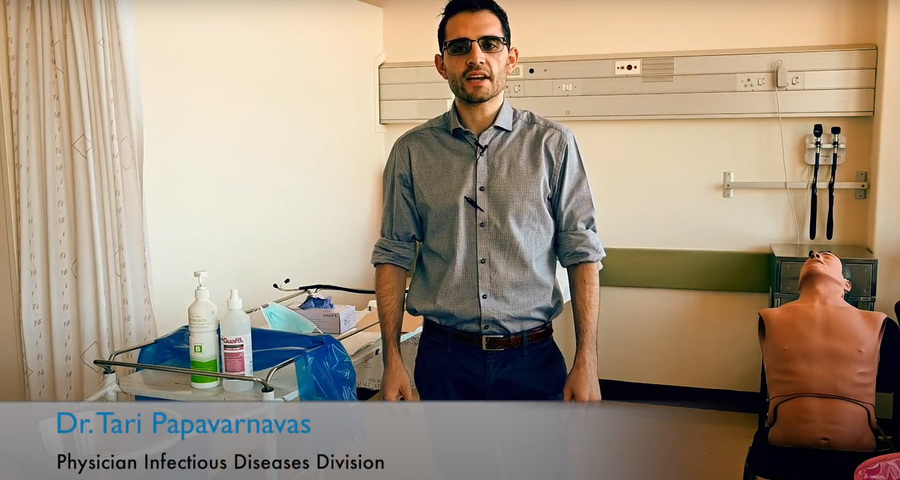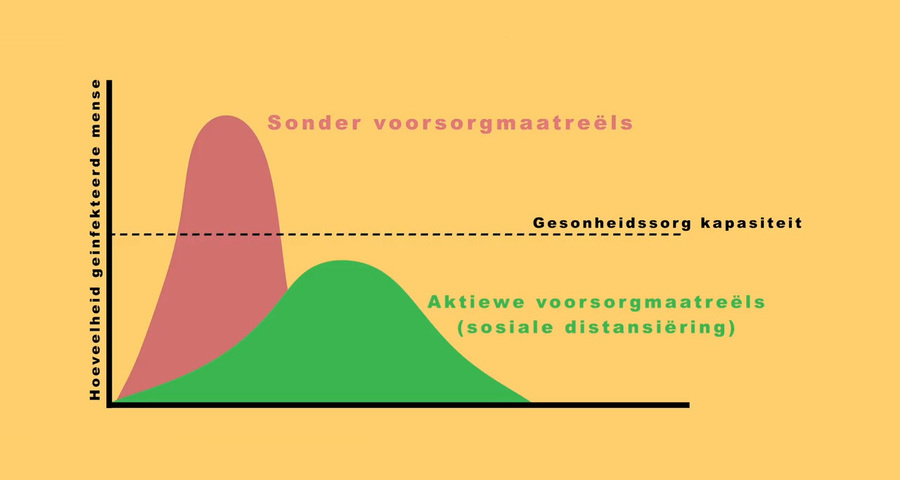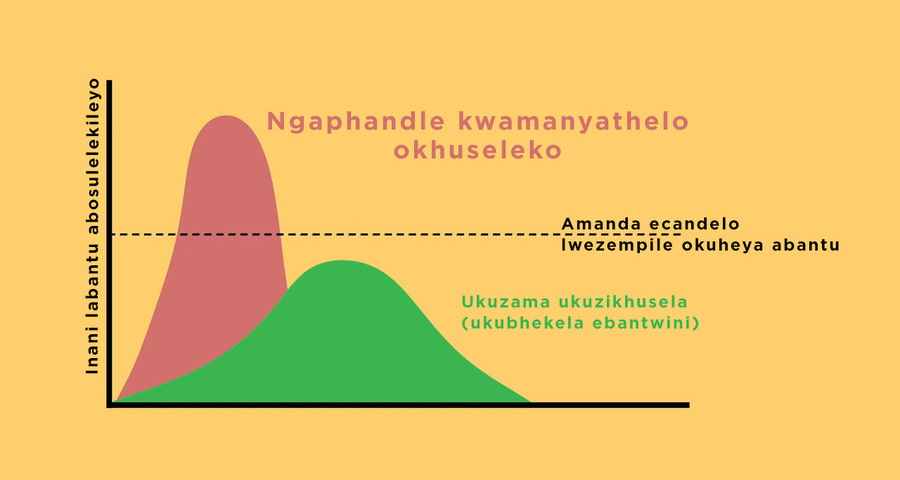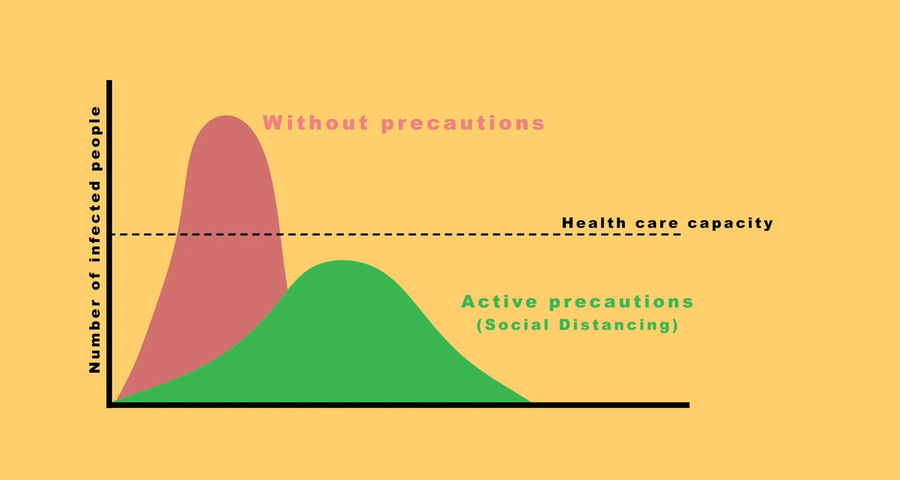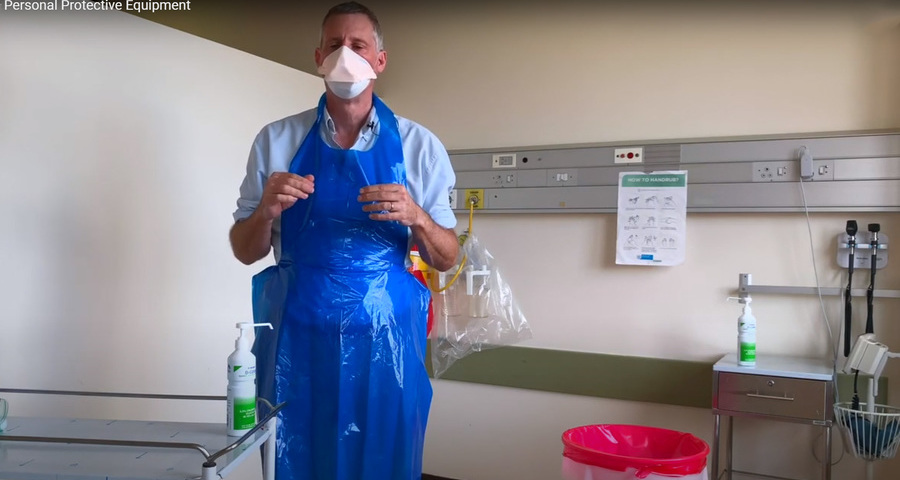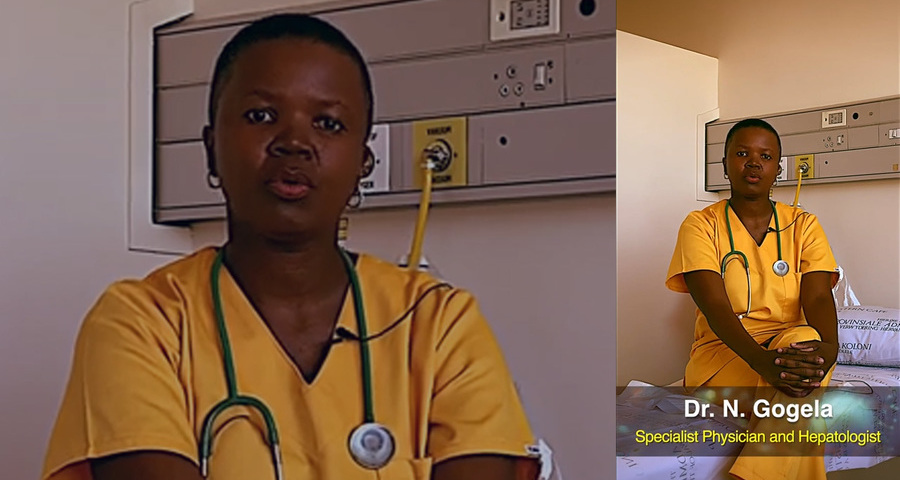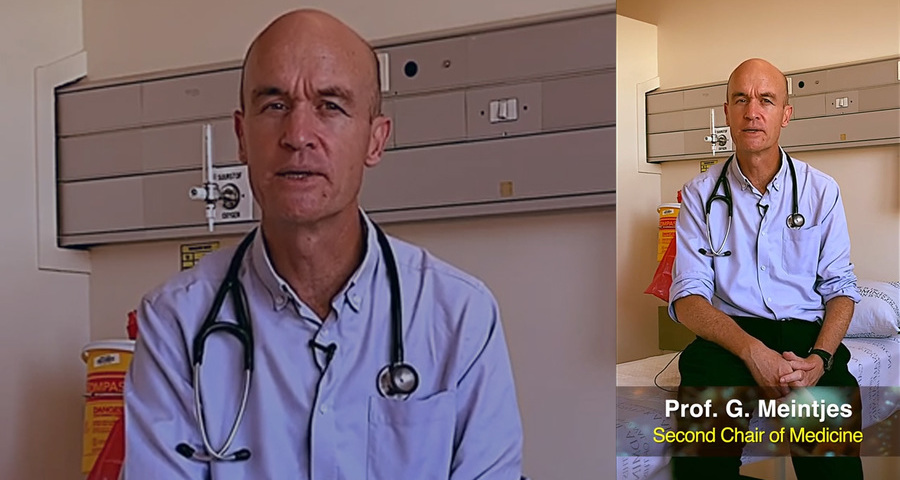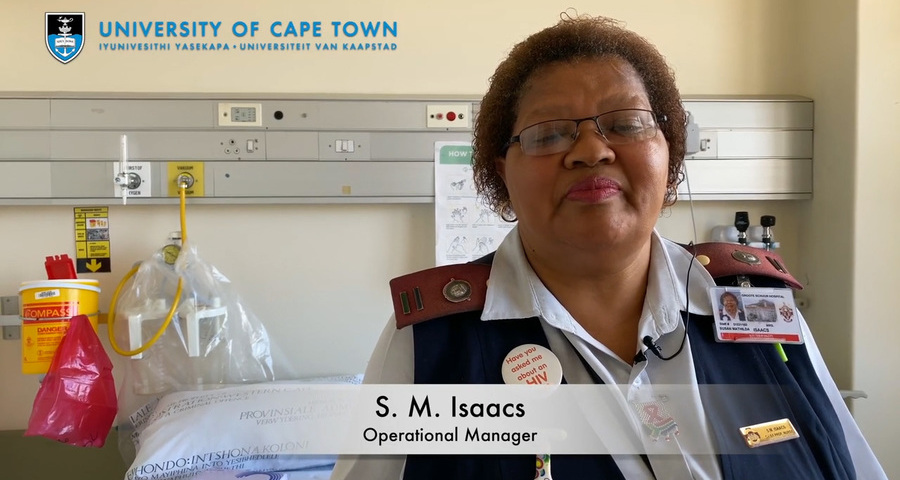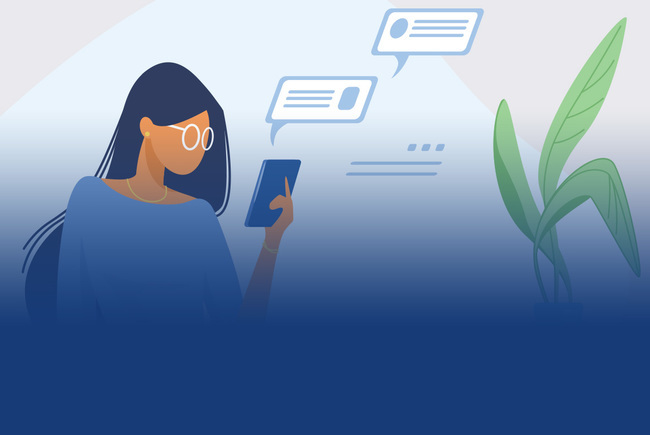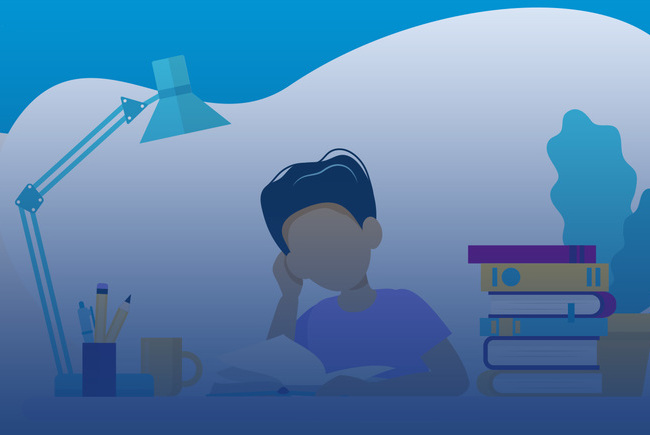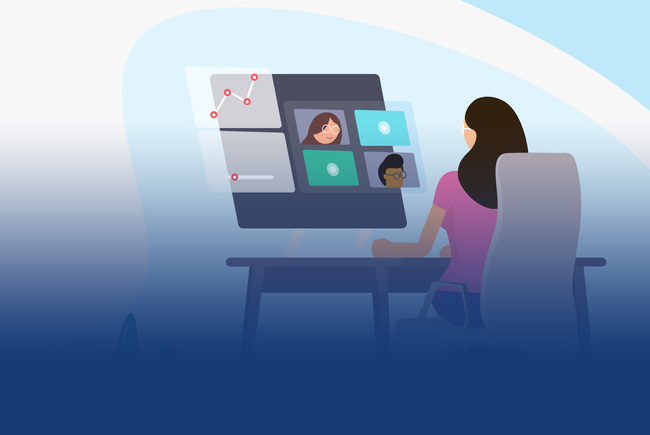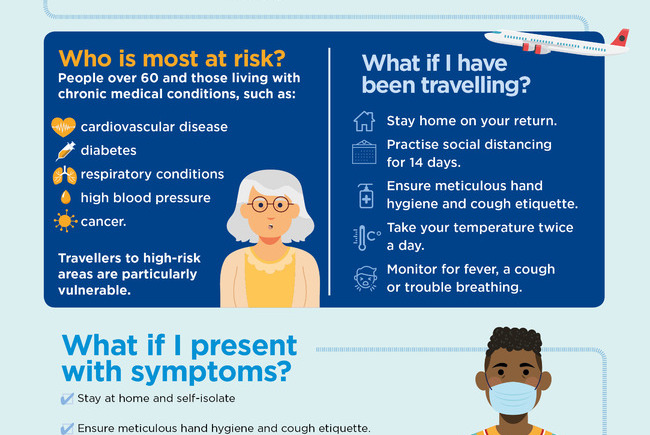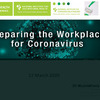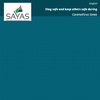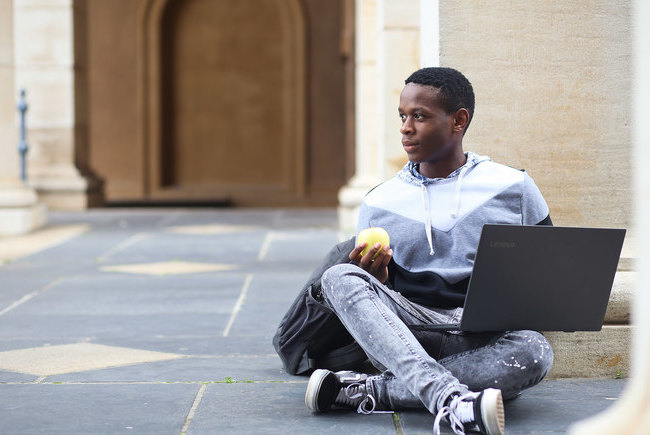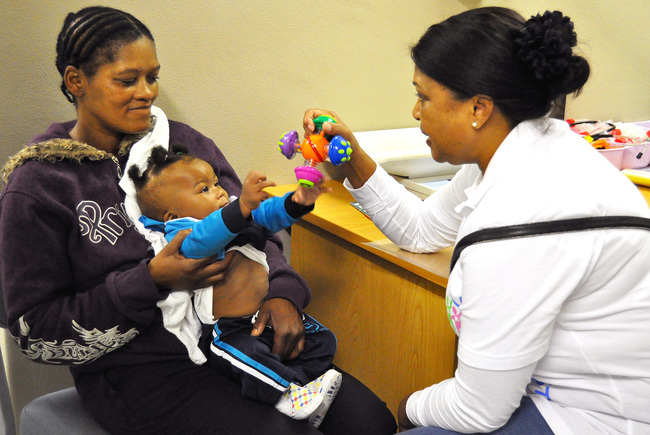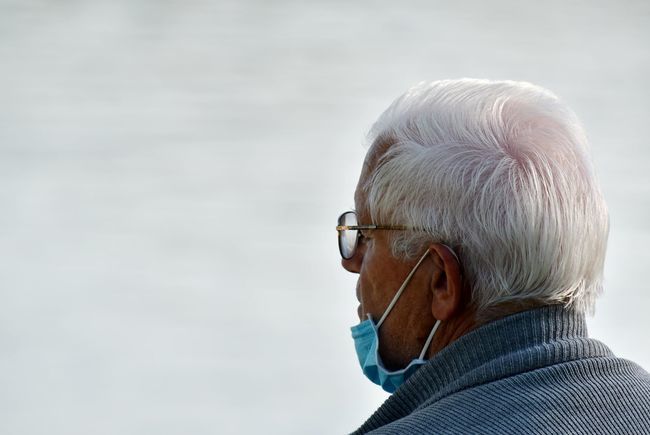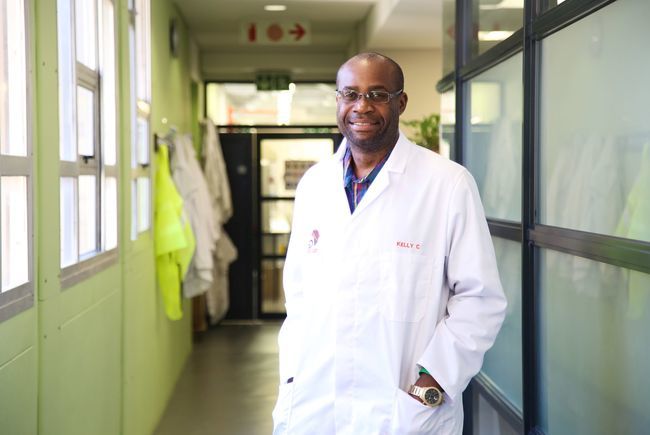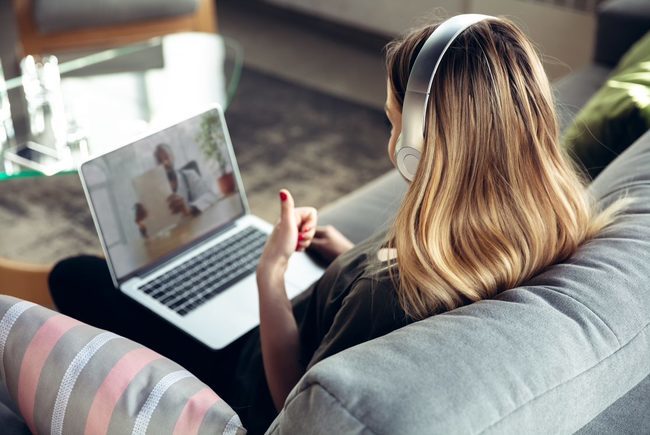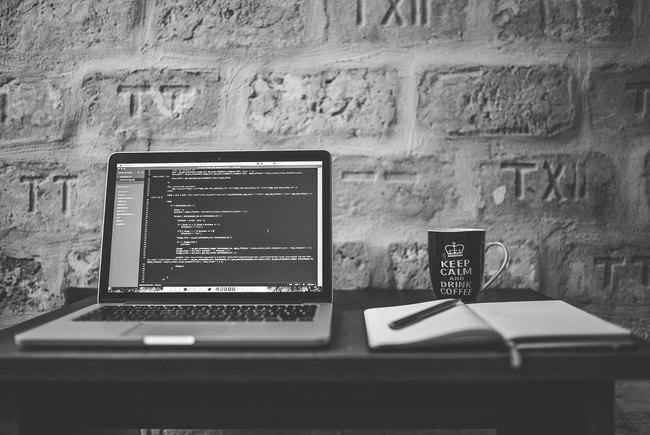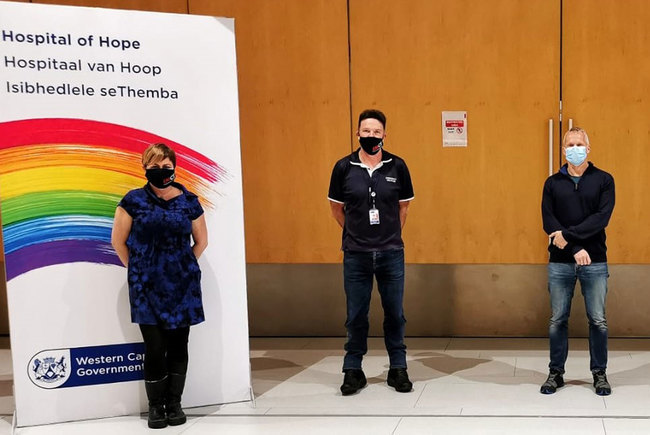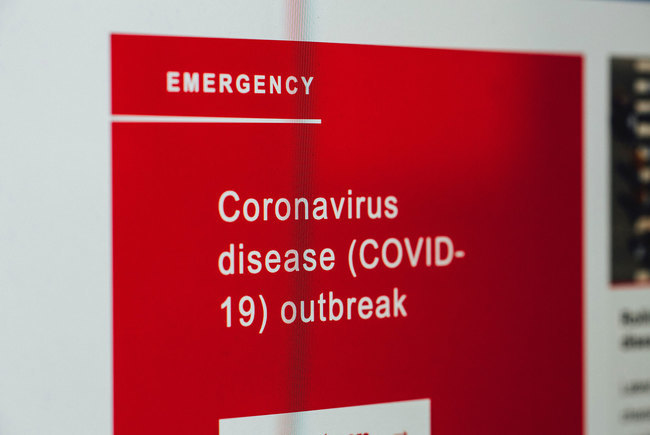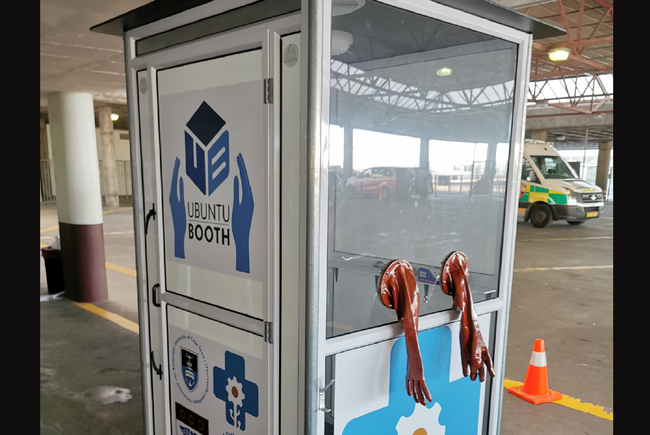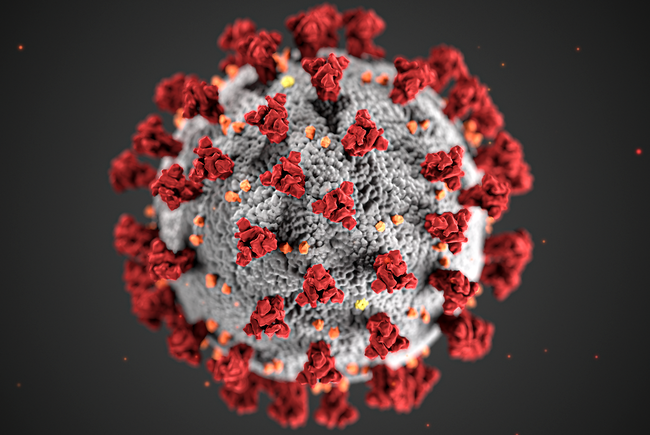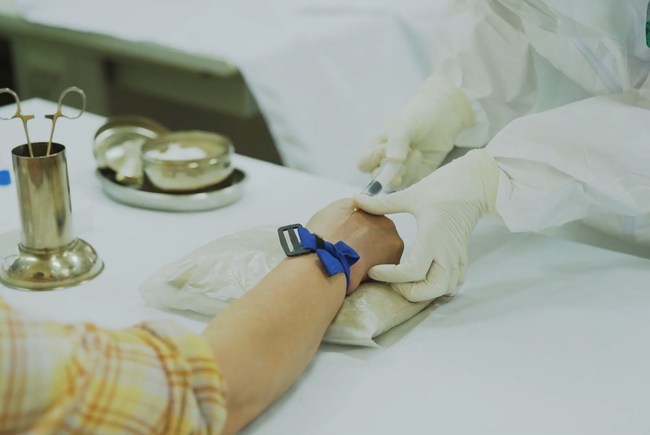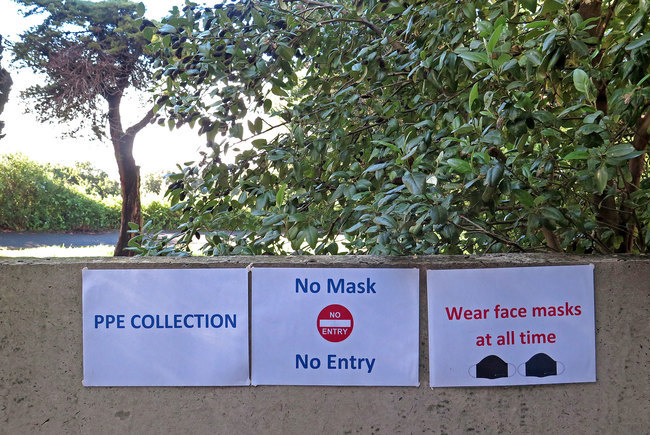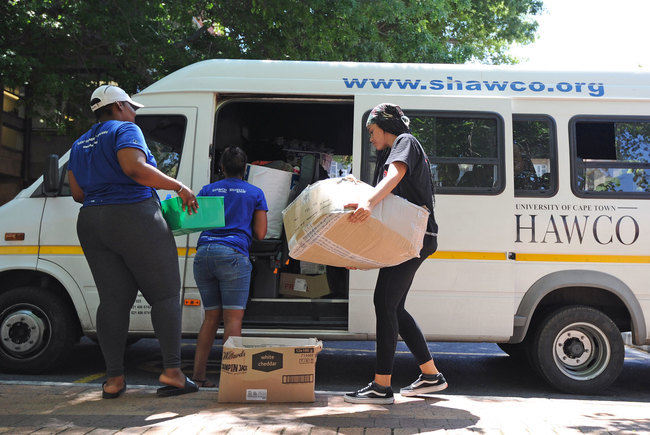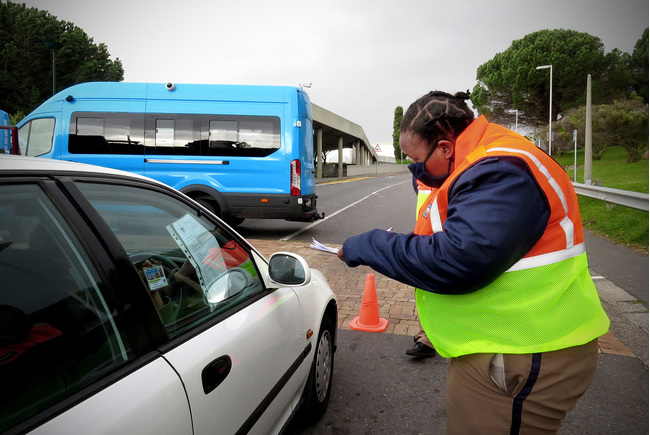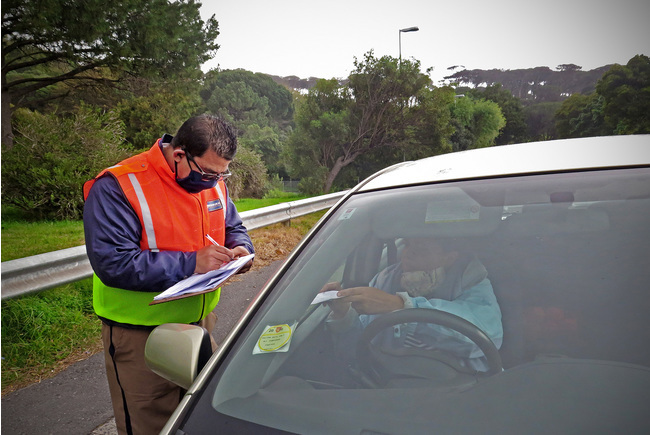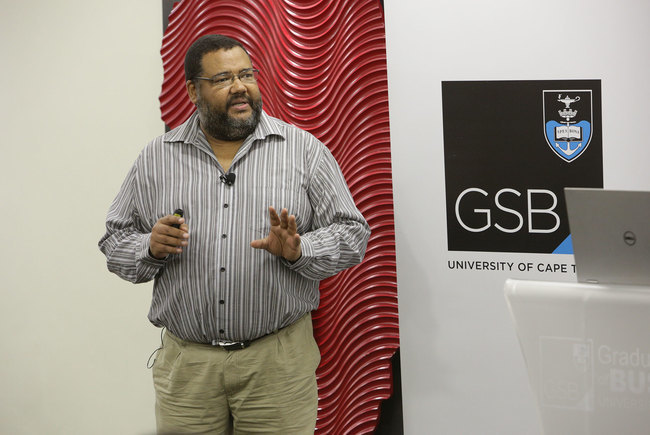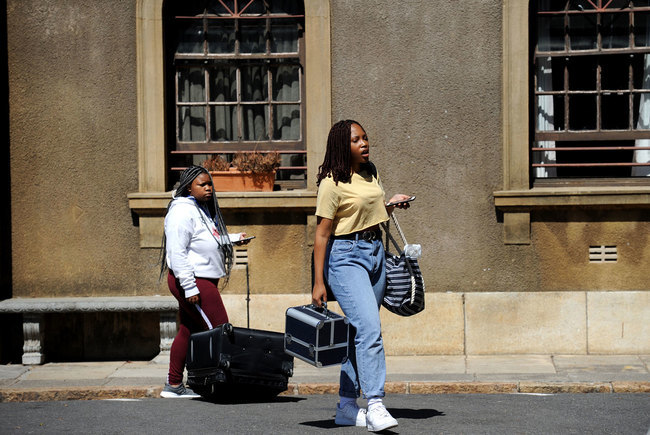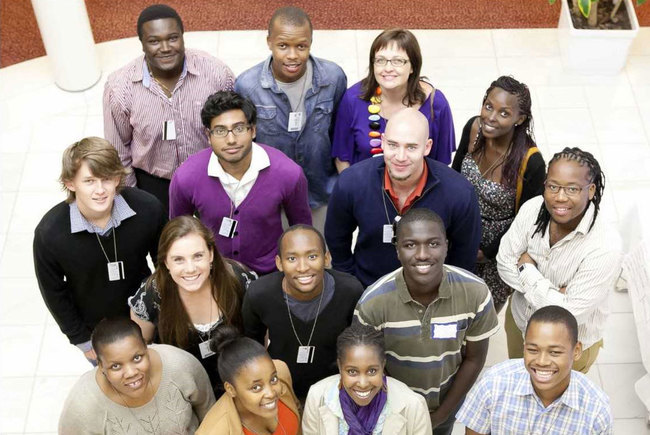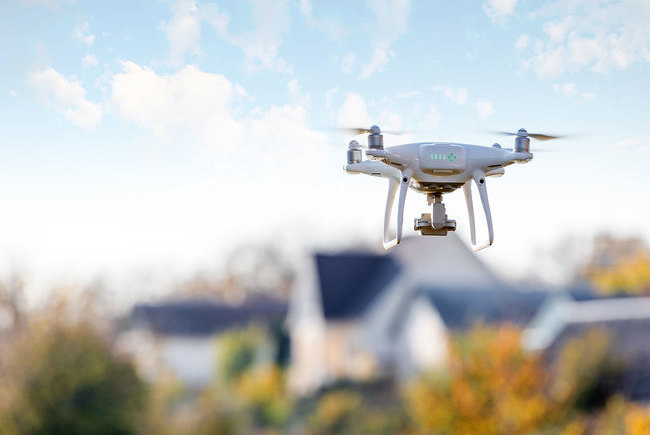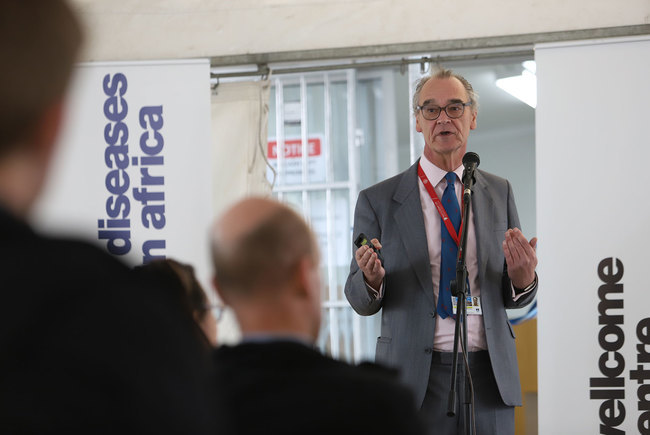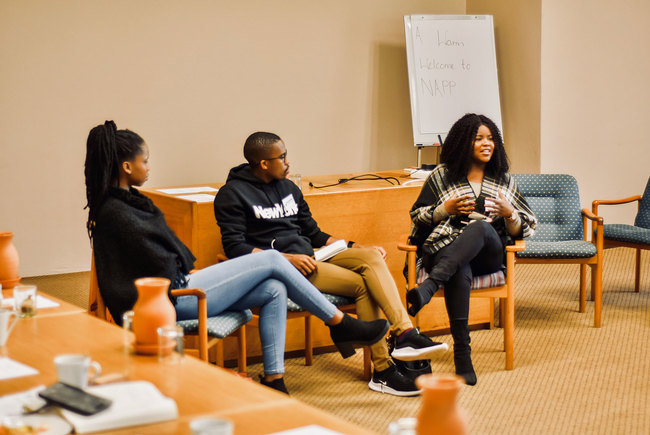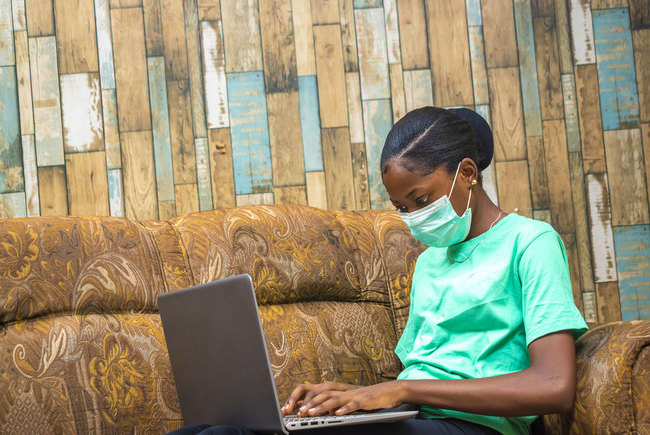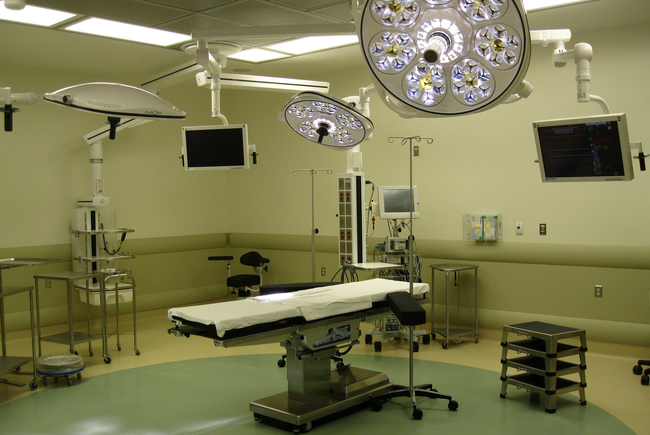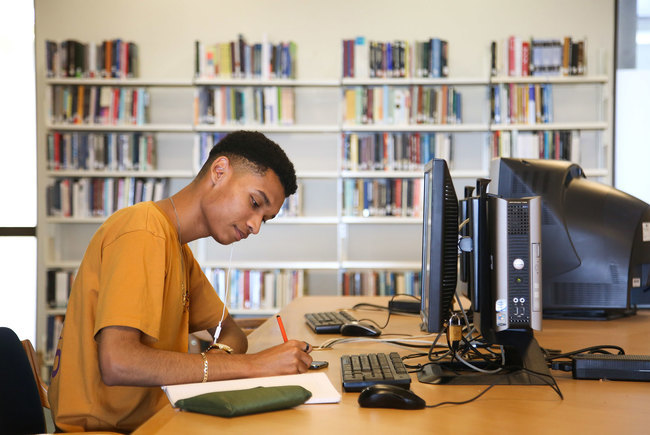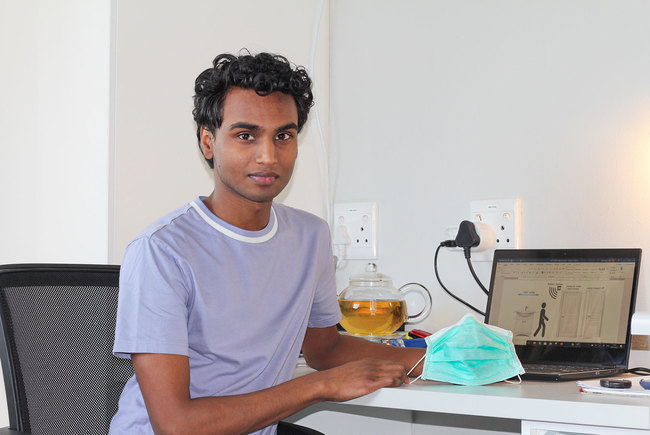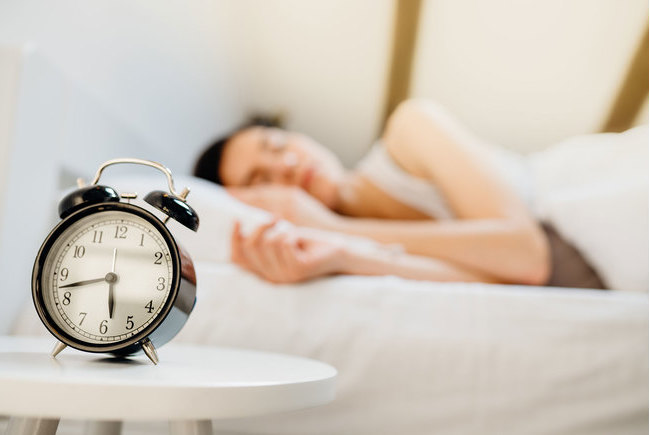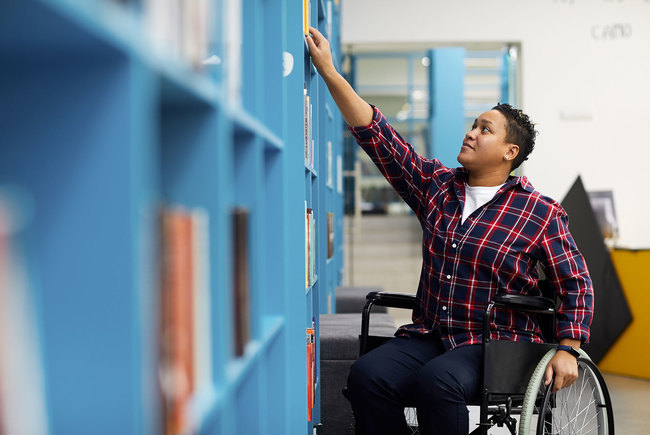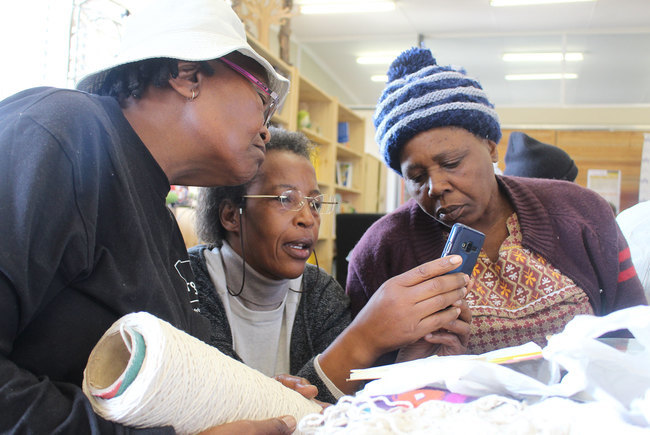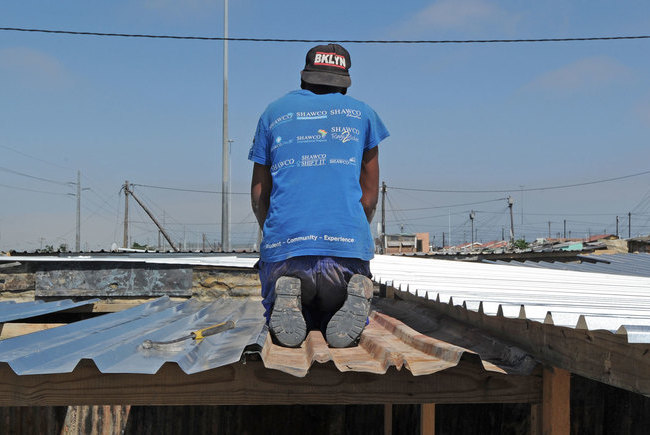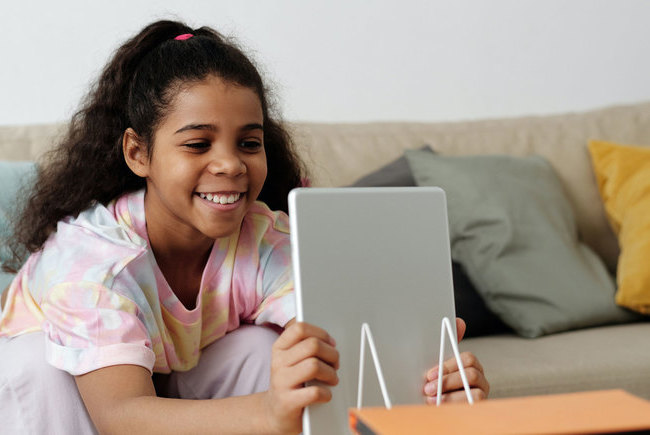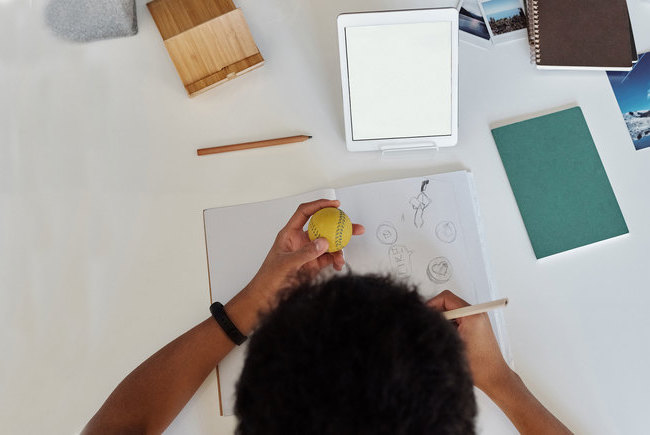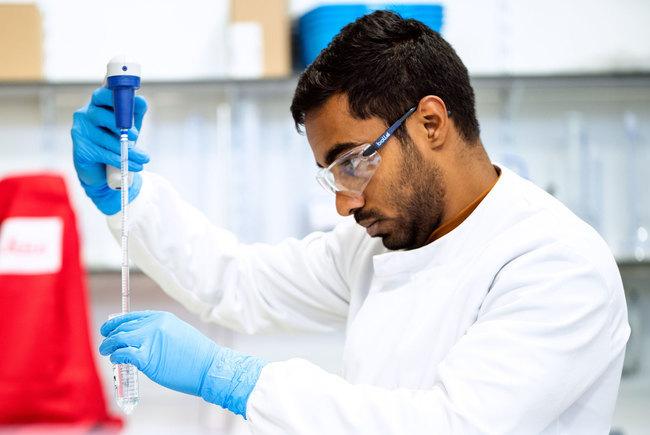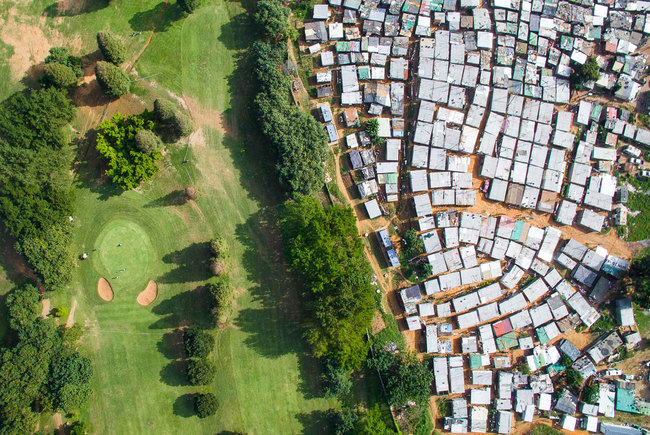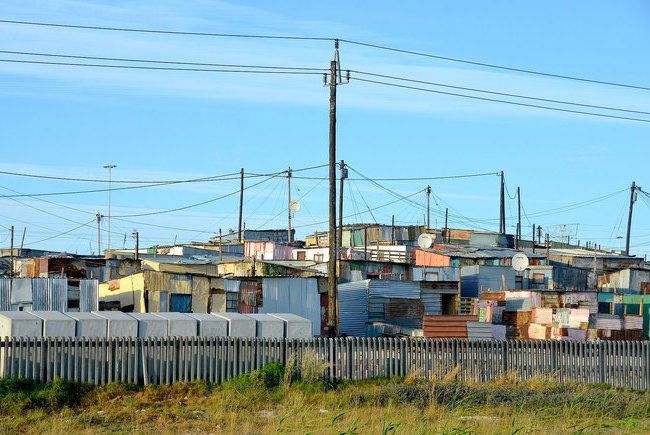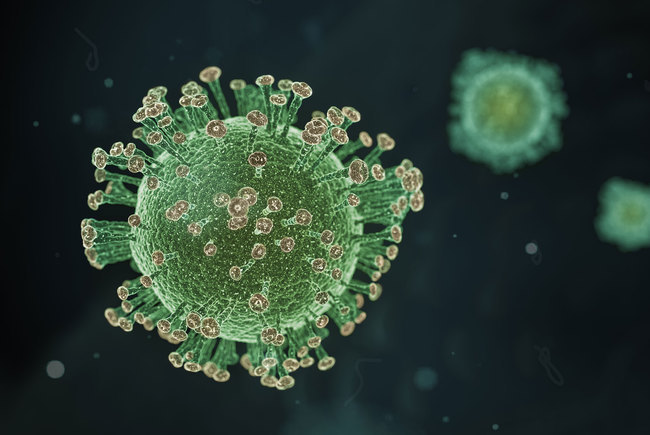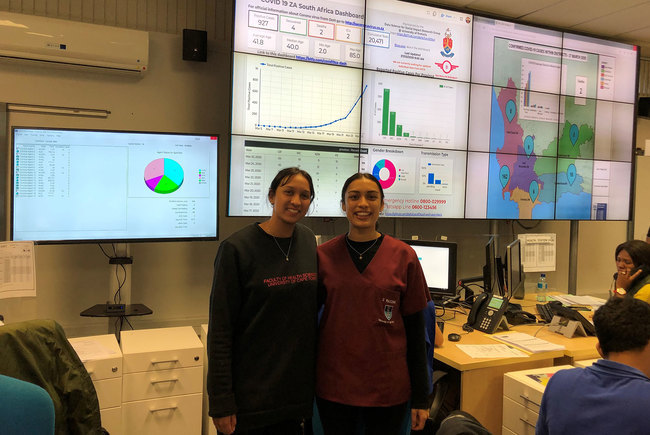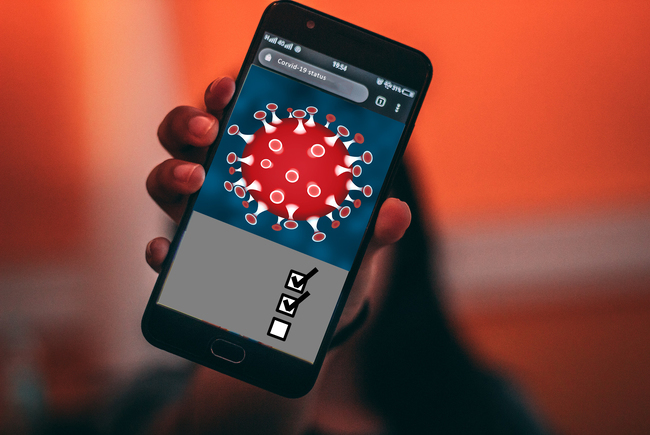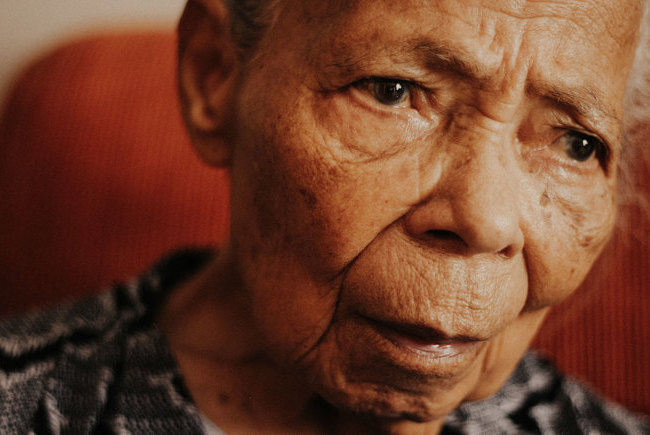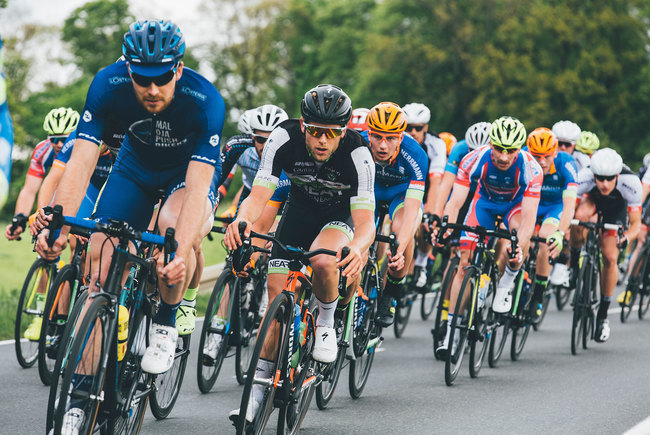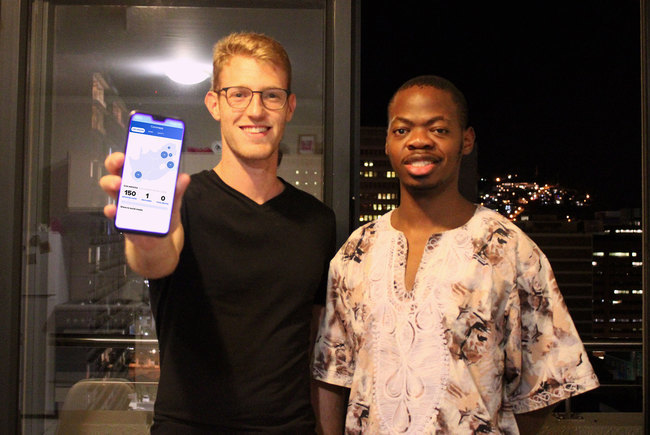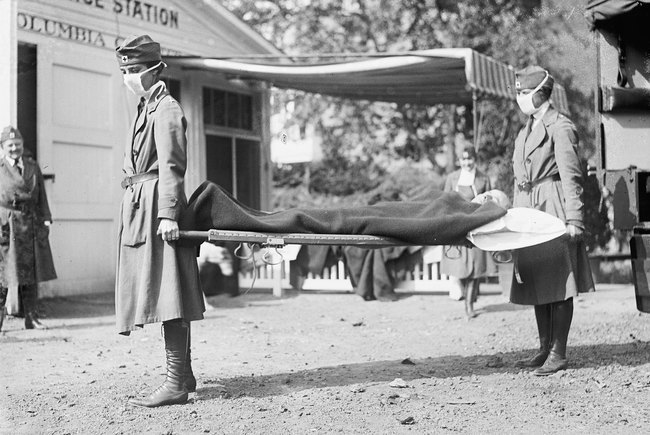Lockdown: how to survive working from home
27 March 2020 | Story Niémah Davids. Photo Pexels. Read time 5 min.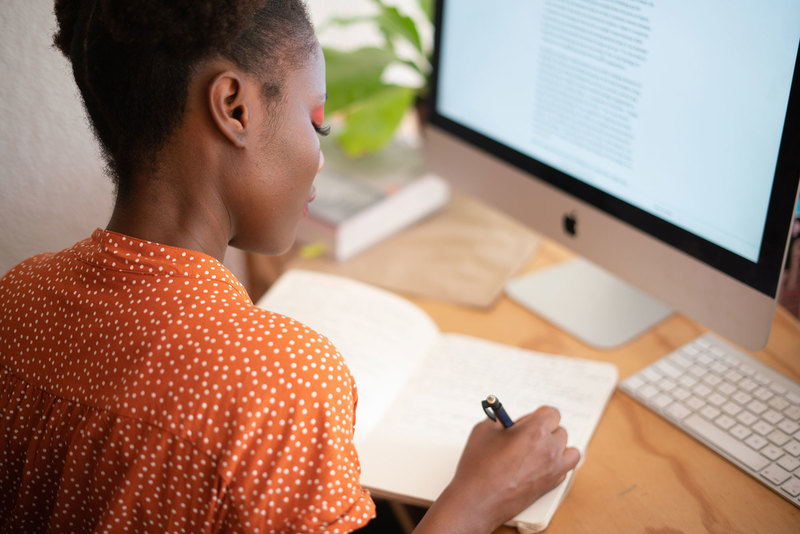
Countries around the world have been responding to the COVID-19 pandemic in unprecedented ways – self-isolation, social distancing, travel bans and, in South Africa, a 21-day lockdown – to curb the spread of the deadly virus. University of Cape Town (UCT) experts give their take on how best to navigate this “new normal”, which is being defined by working from home.
The way employees work changed in the blink of an eye. If you traded your office desk and chair for a spot at the kitchen table at home, you’re not alone. More than one billion people around the globe are doing the same.
For tertiary students the world over, studying is no different. Traditional lectures have stopped and tertiary institutions have shut down, leaving students with no option but to study from home too.
To help make sense of the new normal, UCT News spoke to a few experts from the UCT academic community for their take on how to survive working and studying from home.
Control the controllable
According to Associate Professor Kevin GF Thomas, head of UCT’s Department of Psychology, stress and anxiety levels escalate during unpredictable times. Therefore, it’s important to differentiate between the controllable and the uncontrollable.
“One good piece of advice regarding this indefinite situation we face is to control the controllable. If you know you’re working from home, try to control that situation as much as possible,” he said.
This, Thomas said, takes many forms, including bringing “order and structure to your day” and dedicating set hours in the day to fit in with your new work-from-home schedule.
“Let those hours mirror your normal workday as much as possible. In other words, make each day as predictable as possible so when you need to deal with surprises you have [enough] cognitive capacity to deal with it.”
Practice mindfulness
Thomas also stressed the importance of making a distinction between work and home life – there is one, even while working from home. To tick this box, he advised setting up a designated workspace, as well as designated spaces to spend time with loved ones.
“It’s up to you to make that distinction manifest in your environment,” he said.
He encouraged the practise of mindfulness techniques in order to appreciate the “here and now” and to simply “enjoy the present”. While mindfulness techniques don’t preclude planning for the future, he said they provide perspective and effective and efficient long-term planning.
“Under many circumstances we find internal sources of motivation because external sources are not available. Such a circumstance is upon us during lockdown. We need to focus on things in our immediate environment that motivate us,” Thomas said.
Establish a routine
For Dr Memory Muturiki, director of Student Wellness at UCT, studying from home could be both “challenging and rewarding” for undergraduates.
She suggested students put together a study schedule and establish a routine to accommodate the new normal as much as possible, while also incorporating elements of a traditional campus schedule.
“Having a routine can eliminate the risk of procrastination, and [students should be] setting clear boundaries for study time and free time,” she said.
Muturiki noted that it may be difficult for students who don’t live alone. In this case, she advised that they discuss their study needs and requirements openly with housemates.
“Read a book, stream a movie or binge watch a series.”
While she encouraged students to keep their campus study groups active online via Skype, WhatsApp and other social networking channels, she also reminded them to take regular breaks in between.
“Read a book, stream a movie or binge watch a series. Group video chats are also a great way of keeping in touch with friends in a different city,” she said.
Maintain a healthy mindset
A healthy eating plan forms a fundamental part of holistic health, and with a bit of flexibility in your new work-from-home routine, Muturiki suggested learning to cook healthy meals to enjoy at home.
Thomas also agreed that healthy eating is essential, as is maintaining a regular exercise timetable and getting enough sleep. Finally, he said, don’t allow for family time and conversations with loved ones to be dominated by negative news or social media reports.
“Find comfort in the fact that you are a resilient human being who has survived many challenges and you will survive this one,” Thomas said.
 This work is licensed under a Creative Commons Attribution-NoDerivatives 4.0 International License.
This work is licensed under a Creative Commons Attribution-NoDerivatives 4.0 International License.
Please view the republishing articles page for more information.
Coronavirus Disease 2019 updates
COVID-19 is a global pandemic that caused President Cyril Ramaphosa to declare a national disaster in South Africa on 15 March 2020 and to implement a national lockdown from 26 March.
UCT is taking the threat of infection in our university community extremely seriously, and this page will be updated regularly with the latest COVID-19 information. Please note that the information on this page is subject to change depending on current lockdown regulations.
Frequently asked questions
Daily updates
Campus communications
2020
Resources
Video messages from the Department of Medicine
Getting credible, evidence-based, accessible information and recommendations relating to COVID-19
The Department of Medicine at the University of Cape Town and Groote Schuur Hospital, are producing educational video material for use on digital platforms and in multiple languages. The information contained in these videos is authenticated and endorsed by the team of experts based in the Department of Medicine. Many of the recommendations are based on current best evidence and are aligned to provincial, national and international guidelines. For more information on UCT’s Department of Medicine, please visit the website.
To watch more videos like these, visit the Department of Medicine’s YouTube channel.
Useful information from UCT
External resources
News and opinions
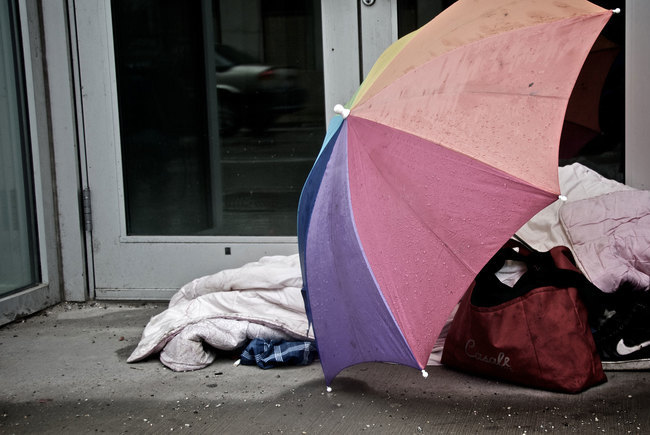
As the COVID-19 crisis drags on and evolves, civil society groups are responding to growing and diversifying needs – just when access to resources is becoming more insecure, writes UCT’s Prof Ralph Hamann.
03 Jul 2020 - 6 min read Republished
The Covid-19 crisis has reinforced the global consequences of fragmented, inadequate and inequitable healthcare systems and the damage caused by hesitant and poorly communicated responses.
24 Jun 2020 - >10 min read Opinion
Our scientists must not practise in isolation, but be encouraged to be creative and increase our knowledge of the needs of developing economies, write Professor Mamokgethi Phakeng, vice-chancellor of UCT, and Professor Thokozani Majozi from the University of the Witwatersrand.
09 Jun 2020 - 6 min read Republished
South Africa has been recognised globally for its success in flattening the curve, which came as a result of President Ramaphosa responding quickly to the crisis, writes Prof Alan Hirsch.
28 Apr 2020 - 6 min read RepublishedStatements and media releases
Media releases
Read more
Statements from Government
In an email to the UCT community, Vice-Chancellor Professor Mamokgethi Phakeng said:
“COVID-19, caused by the virus SARS-CoV-2, is a rapidly changing epidemic. [...] Information [...] will be updated as and when new information becomes available.”
We are continuing to monitor the situation and we will be updating the UCT community regularly – as and when there are further updates. If you are concerned or need more information, students can contact the Student Wellness Service on 021 650 5620 or 021 650 1271 (after hours), while staff can contact 021 650 5685.













